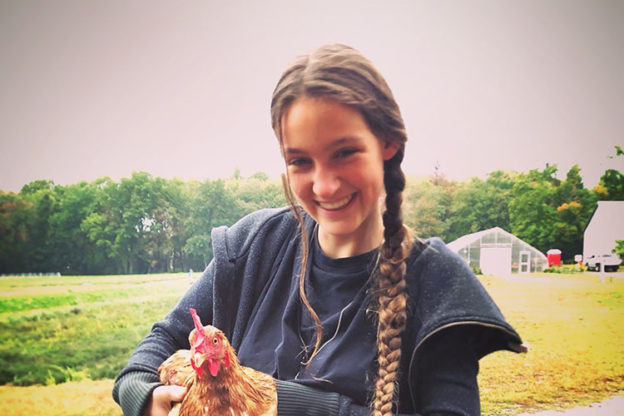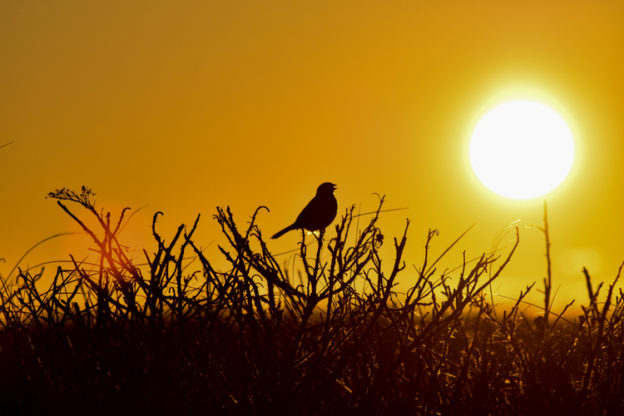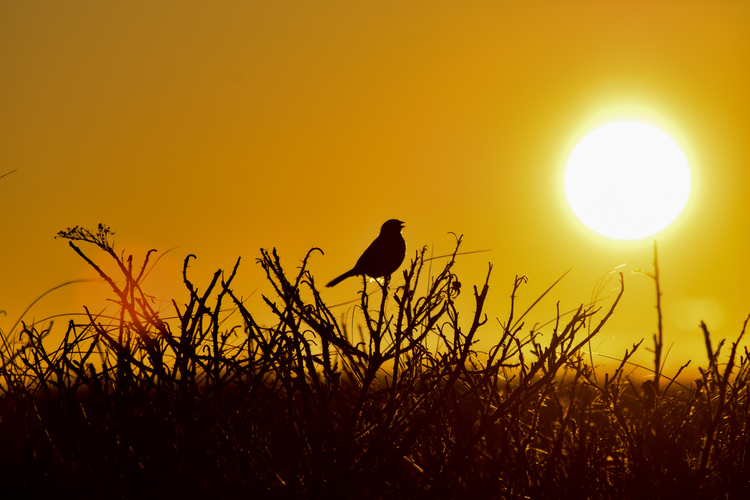As a 15-year-old climate activist, people often ask me at what age I first got involved and started working with Mass Audubon. While I officially started as a youth leader when I was 11, I have been involved in this work for my whole life.
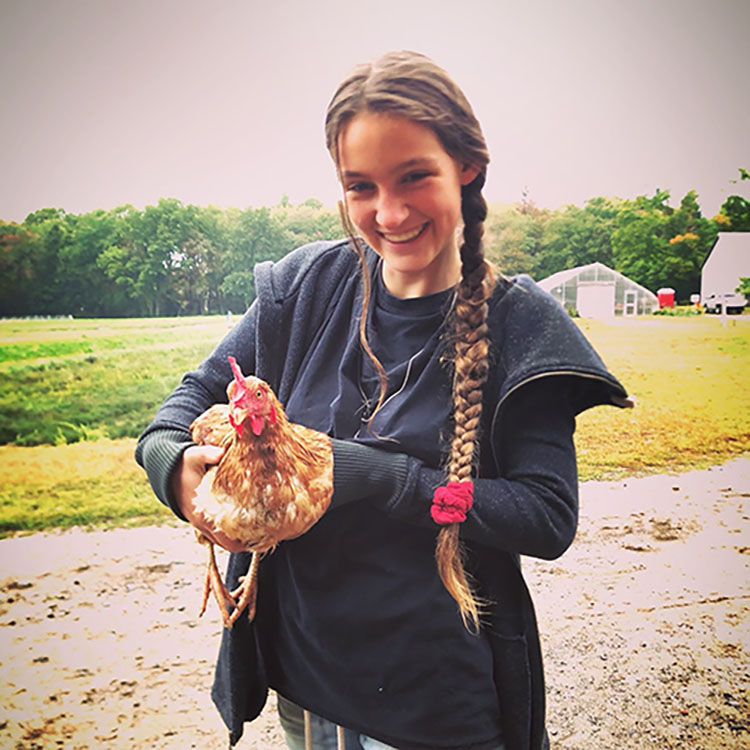
For my generation, there was never really a time for us when climate change wasn’t a reality or when we didn’t have something at stake in this fight. Even when I was little, I understood that my very future hangs in the balance. So, I started learning about the science of climate change, the role of youth voices, and the intersectionality of these many issues. And once I understood that joining the fight against the climate crisis doesn’t just mean combating climate change, it also means fighting for social justice, I knew that I had a responsibility to add my voice to this fight.
But at that time, it felt like no one was giving young people the tools needed to actually do something about everything that we were learning and experiencing. Instead of believing that we were simply too small to make a difference, my peers began leading the way. I was 8 years old when Xiuhtezcatl Martinez and 20 other young leaders sued the U.S. government for not addressing the climate crisis head-on. I was 10 when I first heard Greta Thunberg’s name and saw global climate strikes starting up all over the world. It was the first time I felt like I might have a voice in this.
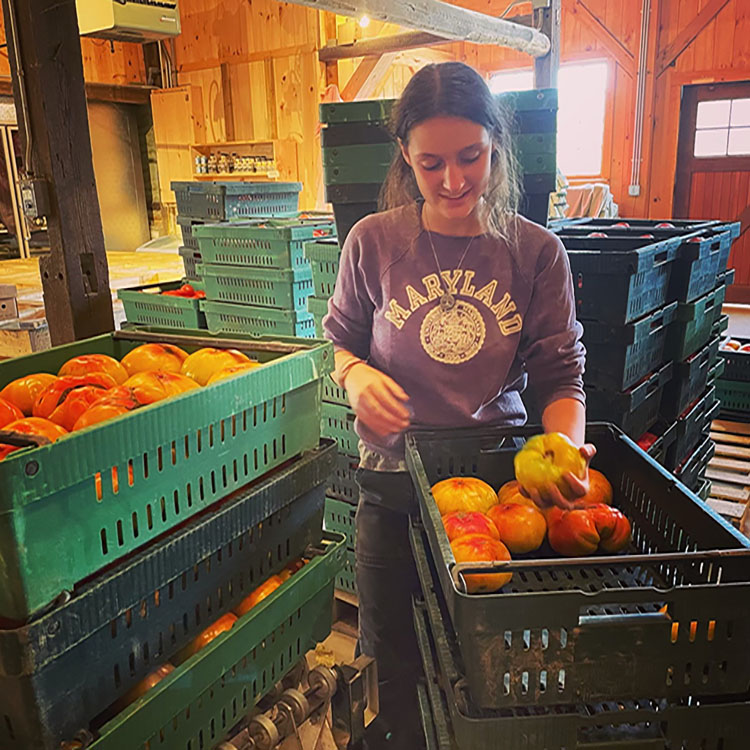
Mass Audubon’s Youth Climate Leaders program has provided me and my peers with the tools to help lead the next phase of this fight. Our mission is to help other young leaders recognize that we each have a powerful voice that we can use to spark change. This program has really shown me that no one is too small to make an impact. My fellow Statewide Youth Climate Leaders and I put together a guide on how to form and manage a youth-led climate group. Visit massaudubon.org/yclp to download the Youth Climate Leaders Toolkit and learn how you can get involved.
In Your Words is a regular feature of Mass Audubon’s Explore member newsletter. Each issue, a Mass Audubon member, volunteer, staff member, or supporter shares their story—why Mass Audubon and protecting the nature of Massachusetts matters to them. If you have a story to share about your connection to Mass Audubon, email [email protected] to be considered for In Your Words in a future issue!


